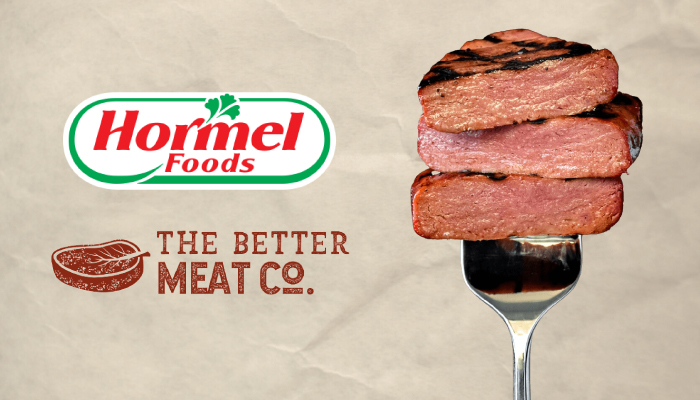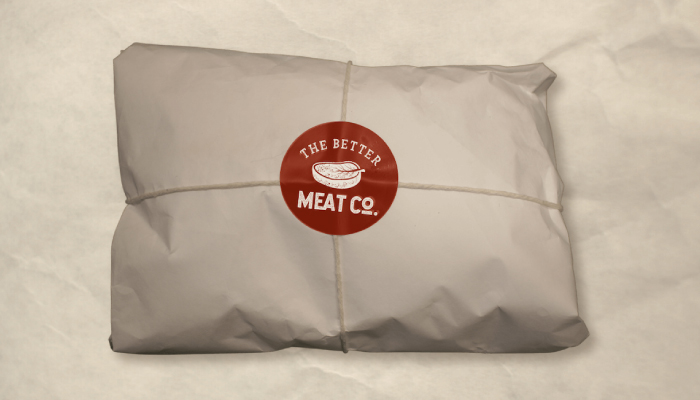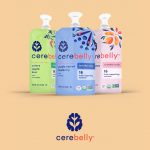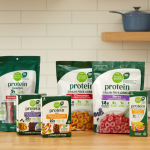Hormel and Better Meat Co Partner on Alt-Protein Technology

Hormel Foods announced today that its venture arm, 199 Ventures, has entered into an exclusive partnership with alternative protein producer The Better Meat Co. In a release, the two companies stated they plan to bring new mycoprotein offerings to market, working to commercialize alternative protein products made from The Better Meat Co’s Rhiza mycoprotein ingredient.
Using fermentation, The Better Meat Co says it is able to turn potatoes and other “common ingredients” into plant-based meats in a matter of hours. The end result is then harvested to create products that the company claims require less processing than other plant-based meat substitutes. Rhiza, The Better Meat Co notes, has more protein than eggs and more iron than beef.
Sacramento-based The Better Meat Co, which was founded in 2018, earlier this year opened a 13,000-square-foot mycoprotein fermentation plant. Rather than developing finished goods and building out a consumer facing brand, the company has instead focused on creating ingredients, such as Rhiza, that can then be utilized by other food companies. The Better Meat Co markets Rhiza as being extremely versatile, with applications including being blended with beef, fish, pork or crab to add nutritional value to products, as an egg substitute in baked goods, or as a more complete replacement for burgers, steak, chicken breasts, crab meat or fish sticks.
The company has not yet clarified what Hormel’s “exclusivity” entails. Currently The Plant Based Seafood Company uses Rhiza in its plant-based crab cakes while Perdue Foods launched a blended chicken nugget in 2019 that does not use Rhiza, but was developed by The Better Meat Co.
The food tech company has already raised close to $10 million, with its latest round in 2020 including Green Circle Foodtech Ventures, Greenlight Capital Level VC and Johnsonville Holdings, the parent company of Johnsonville Sausage. Green Circle is also listed as a partner of 199 Ventures, previously serving as the investment banking advisor to Ethical Brands, Inc. (makers of Explore Cuisine) — another portfolio company of 199 Ventures.

Hormel noted in a press release that it is aware of the rising consumer demand for plant-based products and cited nut-based products made by its Justin’s, Skippy and Planters brands as evidence of the company’s commitment to growing its plant-based offerings.
“As a global branded food company, we understand our food culture is changing at a rapid pace and people are curious and willing to try great tasting, plant-based proteins,” Fred Halvin, VP of corporate development at Hormel Foods, said in a statement.
Hormel also has launched plant-based protein options under its Happy Little Plants brand, with its subsidiary Burke Corporation selling Happy Little Plants pizza toppings. The brand also sells plant-based protein puffs on Amazon, and though it previously had a line of meat alternatives in grocery, those products are no longer listed on its website or social media channels.
While fermentation has been used by meat alternative producer Quorn for decades, it’s only in recent years that it has gained widespread popularity as a production method. Colorado-based startup Meati uses fermentation to produce its whole cut meat alternatives, while The Every Company (formerly Clara Foods) also uses the technique to produce an egg white alternative and Perfect Day uses it to offer an animal-free whey protein. Meanwhile ZX Ventures, an investment arm of AB InBev, has also been investing in fermentation-focused startups.
On Hormel’s Q2 earning’s call last month, the company repeatedly spoke to the financial pressures caused by inflation and supply chain challenges. For example, compared to the prior year, pork belly prices were 62% higher, the company noted.
Given that many of Hormel’s products do not rely on whole cuts of meat, but rather grounds or blends, The Better Meat Co.’s “enhancers” — which would allow meat to be stretched further — may also be appealing as Hormel works to control costs.
“During the quarter, we continue to see inflation in labor rates, freight, supplies, raw materials, and many other inputs with an acceleration compared to the second quarter. Of note, we saw a very high level of inflation in port input costs,” Jim Snee, chairman of the board, president and CEO of Hormel Foods, said on last quarter’s call with analysts. “To mitigate this inflationary pressure, we have taken pricing on almost every brand and product across our company.















![[Updated] Oats Overnights Secures $45M Investment From Astō](https://d2azl42aua8mom.cloudfront.net/wp-content/uploads/2026/01/29172259/2026-01-29-oats-overnights-secures-45m-in-growth-equity-from-square-150x150.jpg)
